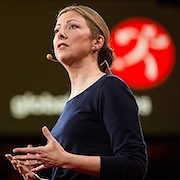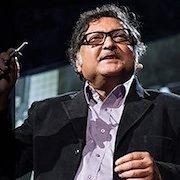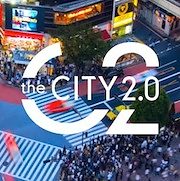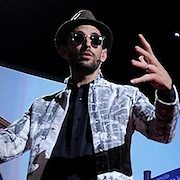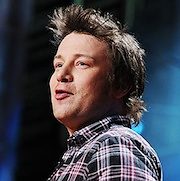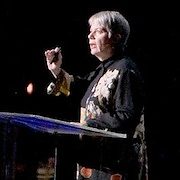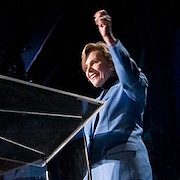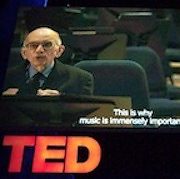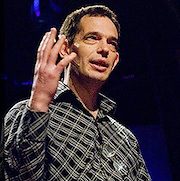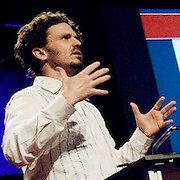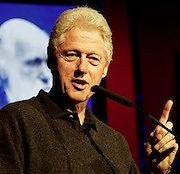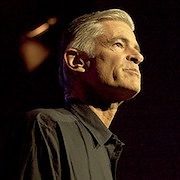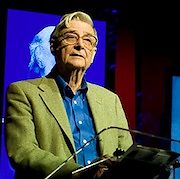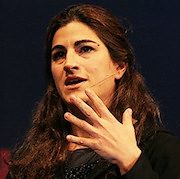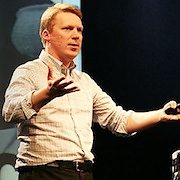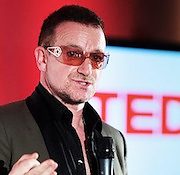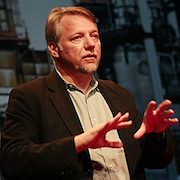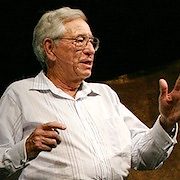TED Prize
The TED Prize was born out of the visions offered onstage at the TED Conference for how change can happen in the world, one idea at a time. The TED Prize was first awarded in 2005, to Robert Fischell (who wished for new cures to brain disorders), Edward Burtynsky (who wished for a global conversation about sustainability), and Bono (who wished for a social movement of activism for Africa). In the years after, the TED Prize was awarded to a diverse list of leaders, ranging from author Dave Eggers to oceanographer Sylvia Earle to space archaeologist Sarah Parcak to healthcare visionary Raj Panjabi. TED Prize wishes helped combat poverty, open dialogue on religious intolerance, inspire art in 150 countries and imagine the future of education.
The award
At its inception, the TED Prize award was $100,000, along with full access to the TED community’s range of talent and expertise. In 2013, it was expanded to a $1 million award, to help the winner quickly build capacity for carrying out their ambitious wish. The award was designed to support the building of a global project's core infrastructure, with people across the world adding their own collaborative action.
The wish
Imagine an inspiring, high-impact idea that could create ripples of change. Each TED Prize winner had that kind of ambitious wish — and the vision, pragmatism and leadership to make it come true. Millions of people around the world helped carry forward their ideas, with many still active today.
The next chapter
In 2018, the TED Prize became: The Audacious Project, a new model to launch big, inspiring ideas with the potential to affect millions of lives. Housed at TED, the Audacious Project brings together a powerful coalition of nonprofit organizations and individual donors with members of the public, allowing them to pool resources and work together in service of change-making ideas. An ambitious scale-up of the TED Prize's mission, The Audacious Project will increase impact by many orders of magnitude.
Prize-winning wishes



